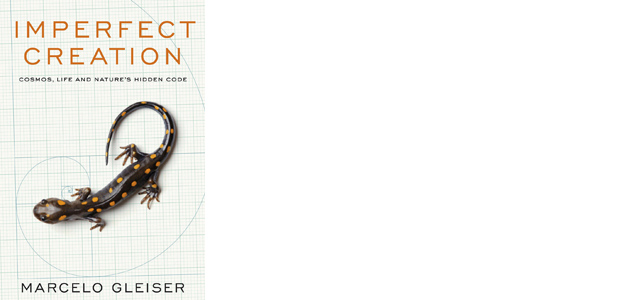Marcelo Gleiser, Black Inc.
Marcelo Gleiser promises to prompt more questions than to provide answers as he examines scientific and religious attempts to “make sense of existence”.
He sees the attempts of both as a search for “oneness” in what is meaningless life in a purposeless universe.
Among the unifiers are the scientists, who attempt to uncover laws and make sense of it all; and the believers, for whom only a supernatural power could transcend material reality and create it.
Both presume a perfection either found in a new scientific world view or in a supernatural power. In rejecting both, he finds militant atheists “as inflammatory and intolerant as the religious fundamentalists they criticise”.
The main thrust of his argument is that our cosmos does not need perfection to exist, but unbalance.
Scientific method dictates results that can be duplicated while the religious look for meaning and purpose. Each falls short.
Our earlier explanations of the makeup of matter have been superseded as Gleiser delves into the complications and unpredictability of particle physics.
The relativity of space and time leave us without reliable measures of distance and time and how to interpret them “and the whole edifice of physics crumbles”.
He sees no need to disprove the existence of God but sets out to explain the cosmos without the need for God.
He sums it up: “Life is an autonomous chemical reaction network capable of extracting sustenance from an environment and equipped with the ability to reproduce.”
The difficulty faced by the scientists in examining the Big Bang is that the measurements we use to describe conditions today may not “be extrapolated to the violent mess close to the beginning”.
He nevertheless suggests they take a “leap of faith” and attempt to do so.
To me it seems less than fair, as he borrows this term from the string of theologians, who follow the teaching of Kierkegaard, the 19th century Dutch philosopher.
Karl Barth, Brunner, Bonheoffer, Niebuhr and Tillich, among others, maintain that truth is not simply a matter of discovering objective facts. As well, more will always be needed.
In taking a “leap of faith”, they find their answer in God.
John Atkinson













